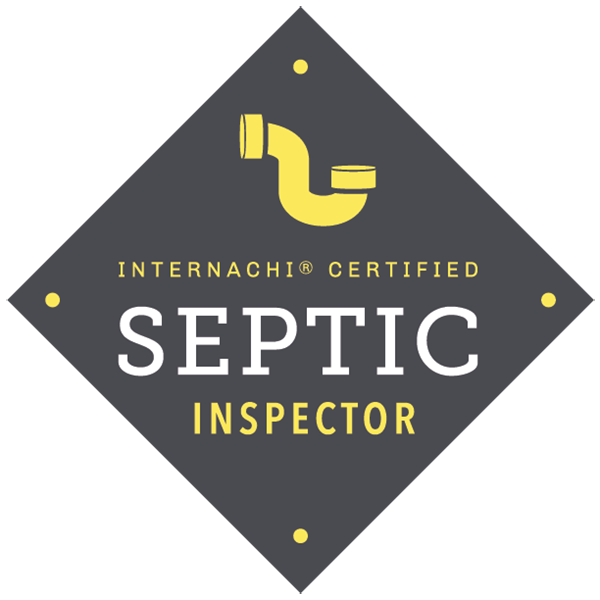The Top 10 Questions Clients HaveAbout Septic Inspections
Your Essential FAQs Unraveled! Whether you're buying, selling, or simply curious about your property's health, our latest post tackles the top 10 frequently asked questions surrounding septic inspections. From understanding the inspection process and costs to navigating potential issues uncovered, this concise guide provides all the answers you need. Gain insights into the importance of timely inspections, learn about the components assessed, and discover how inspection reports can impact negotiations. Whether you're in a real estate transaction or focused on property maintenance, empower yourself with the knowledge to ensure the functionality and longevity of your septic system.


These FAQs provide essential information about septic inspections, helping homeowners and buyers understand the importance of assessing and maintaining their septic systems.
What is a septic inspection?
A septic inspection is an assessment of a property's septic system to ensure it is functioning correctly and in compliance with local regulations.
Why is a septic inspection necessary?
A septic inspection is necessary to identify any potential issues or malfunctions with the septic system, which could pose health hazards or lead to costly repairs if left unchecked.
When should a septic inspection be performed?
A septic inspection is typically performed during the due diligence period of a real estate transaction, before finalizing the sale of a property. As well as every 3-5 years, depending on usage.
Who typically pays for the septic inspection?
In real estate transactions, the buyer usually pays for the septic inspection as part of their due diligence process.
What does a septic inspection cover?
A septic inspection typically covers various components of the septic system, including the tank, distribution box, drainfield, and any associated components.
How long does a septic inspection take?
The duration of a septic inspection can vary depending on the size and complexity of the septic system, but it generally takes a few hours to complete.
What happens if the septic inspection reveals issues?
If the septic inspection uncovers issues or malfunctions, the buyer may negotiate repairs or replacements with the seller before finalizing the sale.
Can I use the septic inspection report for negotiations?
Yes, the septic inspection report can serve as a valuable tool for negotiations, allowing buyers to request repairs or adjustments to the sale price based on the findings.
Are there any limitations to what a septic inspection can uncover?
While a septic inspection is comprehensive, it may have limitations in detecting underground issues or problems that require excavation for further assessment. It is a visual-only inspection, for further detail, the tank must be pumped during the inspection.
Do I need a septic inspection if I'm not buying or selling a property?
Even if you're not involved in a real estate transaction, regular septic inspections are recommended to ensure the proper functioning and longevity of your septic system, helping to prevent costly repairs or replacements in the future.